
Harnessing the power of Agentic AI: A CEO Perspective
As the digital landscape evolves at an unprecedented pace, the emergence of Agentic AI offers a transformative opportunity for organisations across various industries. Moving beyond traditional generative AI, which primarily focuses on content creation, Agentic AI systems are equipped to execute complex, goal-driven tasks autonomously. This shift has profound implications for sectors including retail, banking, and insurance, where efficiency, adaptability, and customer-centricity are paramount.
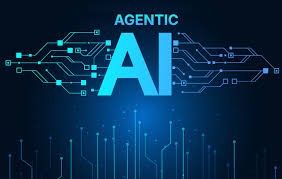
Understanding Agentic AI
Agentic AI combines advanced reasoning, contextual learning, and autonomous execution, resulting in systems that serve as dynamic partners in our business processes. According to McKinsey, “Agentic AI represents a significant evolution in AI capabilities, enabling organisations to transition from reactive models to proactive, goal-oriented execution.” This potential to reengineer the operational fabric of a business cannot be overlooked.
Core Capabilities of Agentic AI
1. Advanced Reasoning and Planning: Agentic AI systems can break down overarching goals into actionable subtasks. This ability not only streamlines project management but also enhances collaborative efforts across teams. As clarity in objectives improves, so too does accountability and execution.
2. Integrated Tool Utilisation: Agentic AIs autonomously engage with a diverse array of digital platforms, from customer relationship management (CRM) systems to enterprise resource planning (ERP) tools. As PwC highlights, “Organisations that leverage integrated AI tools are better positioned to respond to market changes and improve customer engagement.”
3. Contextual Memory and Learning: These systems utilise machine learning to maintain context throughout processes, adapting based on prior interactions and feedback. BWG notes, “Contextual understanding allows AI to reduce repetitive tasks, thereby increasing productivity and enhancing user experience.”
4. Autonomous Execution: The capacity to handle entire workflows independently is a game-changer. In retail, for example, these agents can automatically manage inventory, place orders, and adjust supply chain logistics according to real-time data. In banking, they streamline loan assessments and customer inquiries, enhancing operational efficiency. As Mark Zuckerberg stated, “AI is going to transform our lives, and companies that adopt autonomous systems will lead the charge in innovation and efficiency.”
Industry Applications of Agentic AI

Retail
The retail sector stands to gain immensely from the integration of Agentic AI. These systems can automate inventory management, optimise supply chain logistics, and enhance personalised customer experiences through customised recommendations. The ability to react promptly to market trends is more critical than ever. Target’s Chief Data Scientist remarked, “AI has allowed us to redefine our inventory processes and enhance customer satisfaction by predicting purchase patterns.”
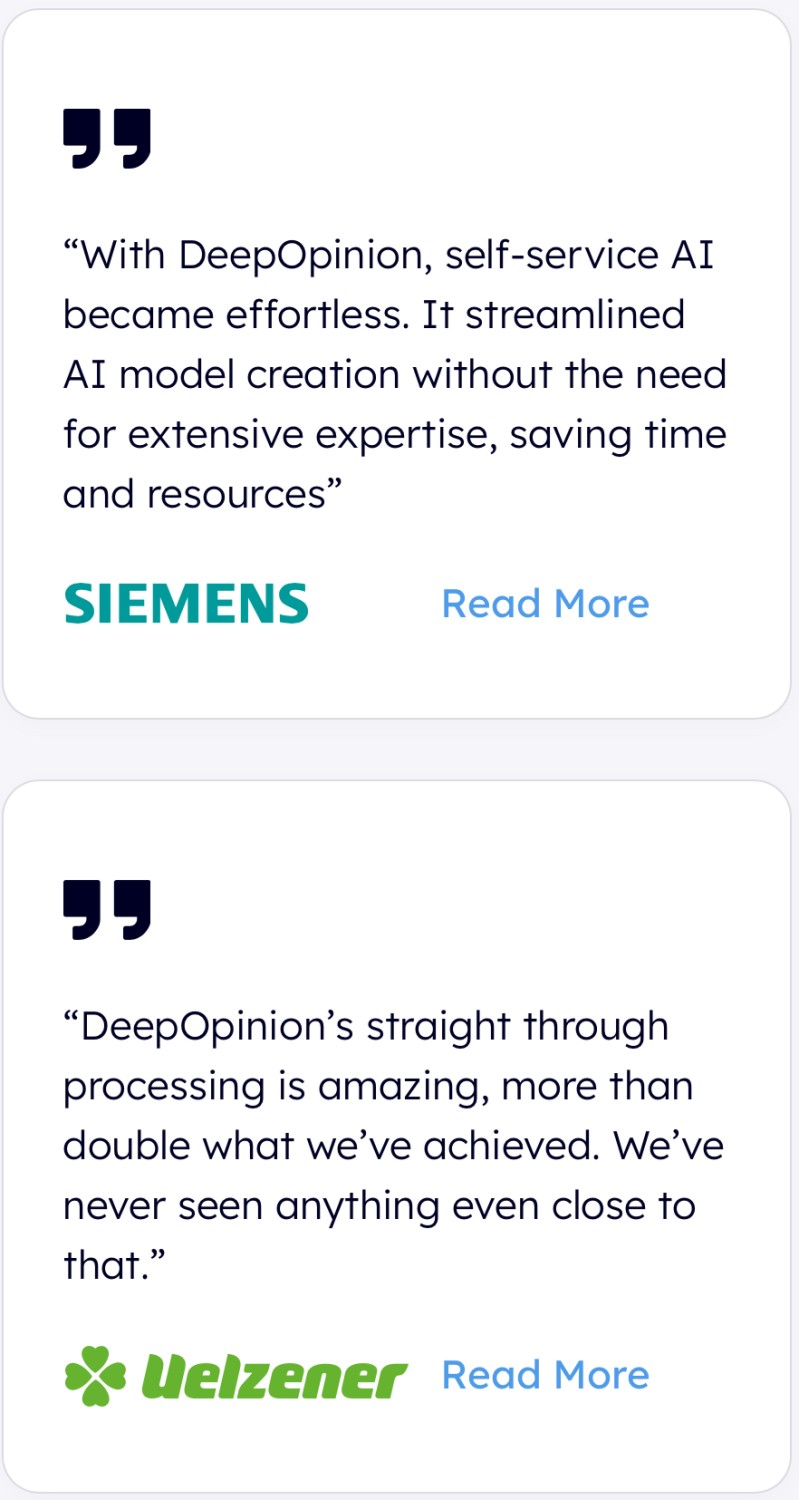
Banking
In the banking sector, Agentic AI is revolutionising customer service and risk management. By automating routine inquiries, banks can focus on improving user experiences while simultaneously enhancing compliance and fraud detection. As JPMorgan Chase’s CEO Jamie Dimon noted, “The future of banking lies in our ability to integrate AI into our services, allowing us to become more responsive and secure.”
Insurance
The insurance industry is leveraging Agentic AI for underwriting and claims processing. These systems can evaluate risk profiles autonomously and expedite claims, resulting in increased customer satisfaction and reduced operational costs. An industry leader from Allianz stated, “AI-driven automation is imperative for our growth strategy, enabling us to serve customers more efficiently while managing risk more effectively.”
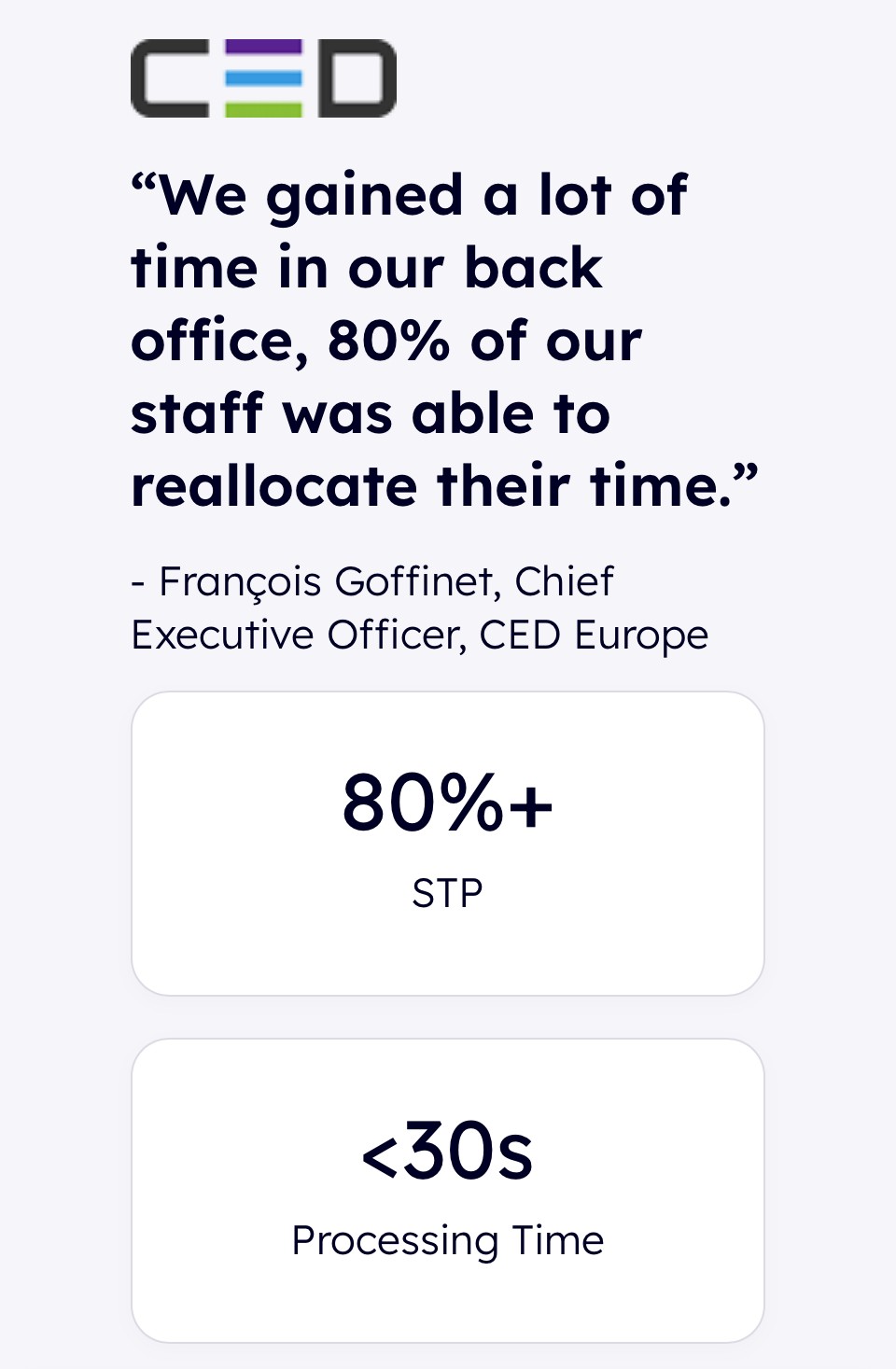
The “Agentic Advantage”
McKinsey refers to this transformative potential as the “agentic advantage,” where businesses can shift from merely automating tasks to orchestrating entire processes. As organisations embrace this technology, they unlock avenues for growth and operational excellence. “AI is not just a tool but a strategic partner that can enhance decision-making and create competitive advantages,” said Sundar Pichai, CEO of Alphabet Inc.
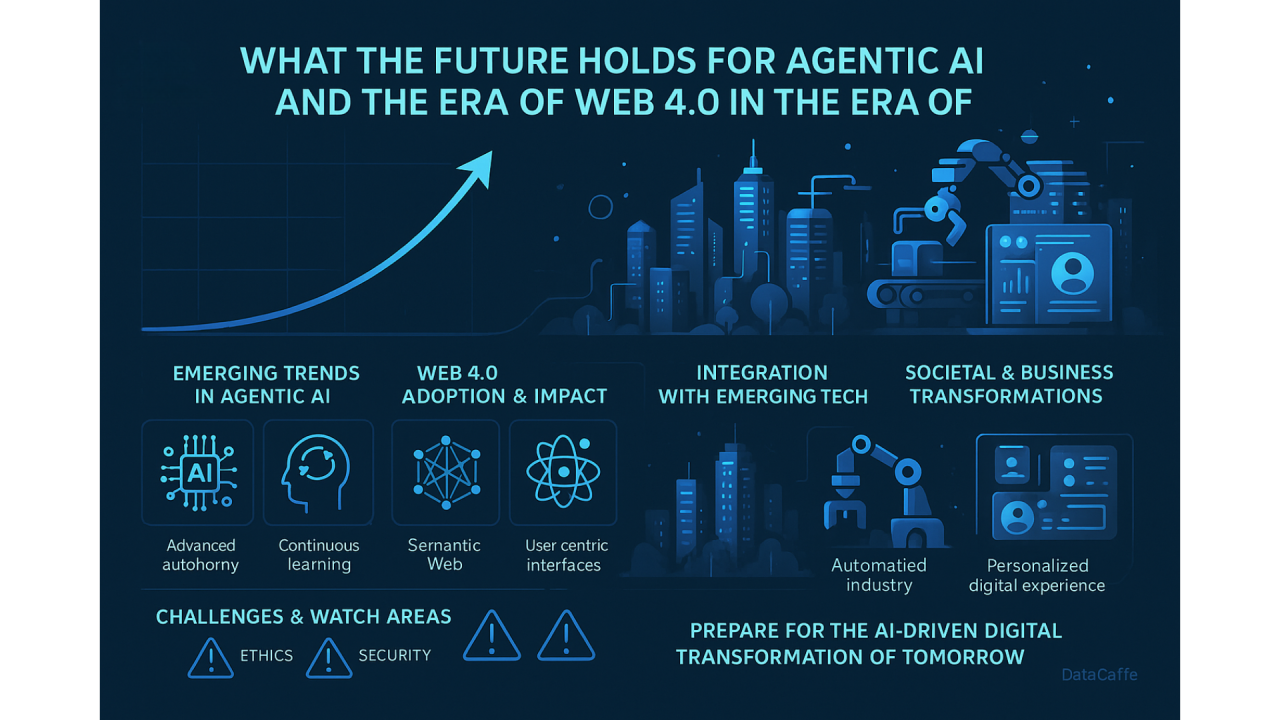
Fostering Security and Control

As we navigate the implementation of Agentic AI, establishing robust security frameworks becomes critical. Active monitoring of prompts, responses, and system interactions is essential to ensure the responsible and safe use of these technologies. As Satya Nadella, CEO of Microsoft, stated, “The ethical considerations surrounding AI are as important as the technological advancements. We must weave trust into the fabric of our AI deployments.”
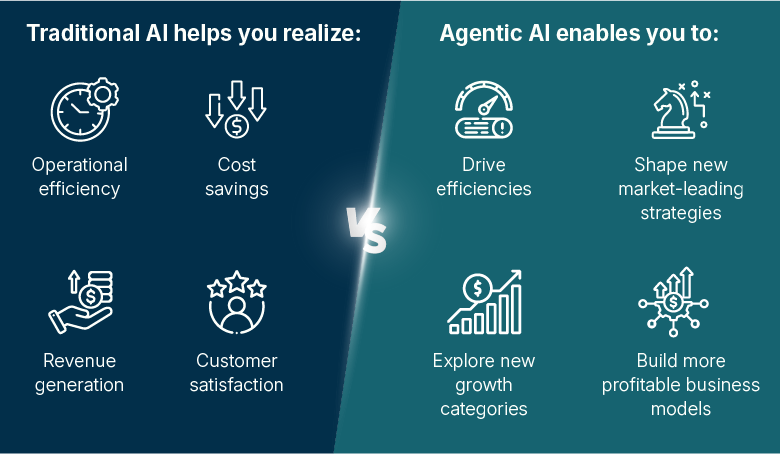
In conclusion, the rise of Agentic AI marks a crucial inflection point in how businesses operate across retail, banking, and insurance. By harnessing the capabilities of these autonomous systems, organisations can drive efficiency, enhance collaboration, and ultimately achieve remarkable improvements in performance. The future is bright for those willing to embrace this agentic advantage, positioning themselves as leaders in their industries.


